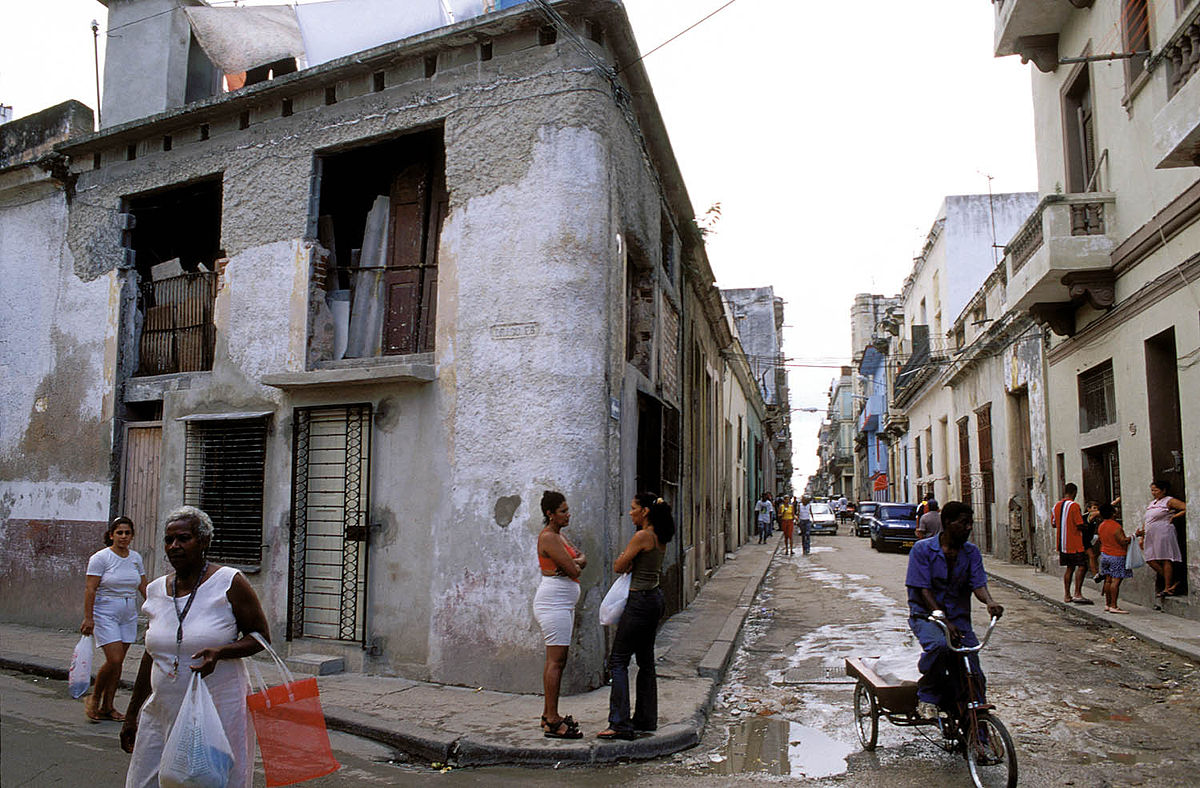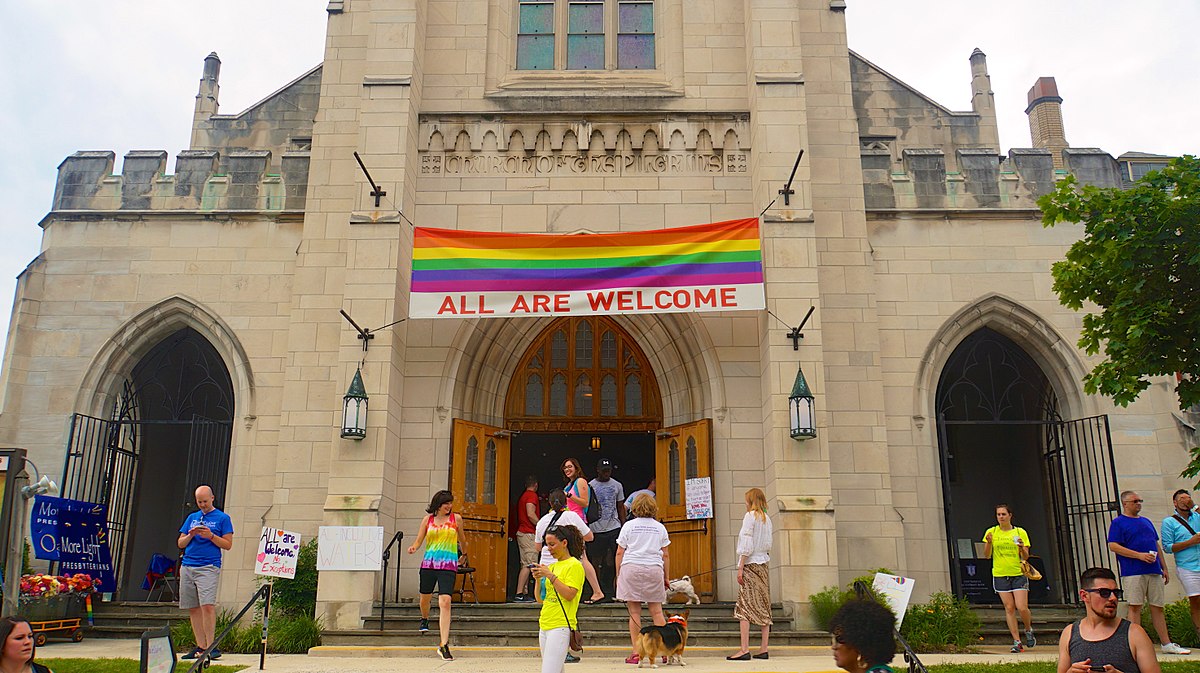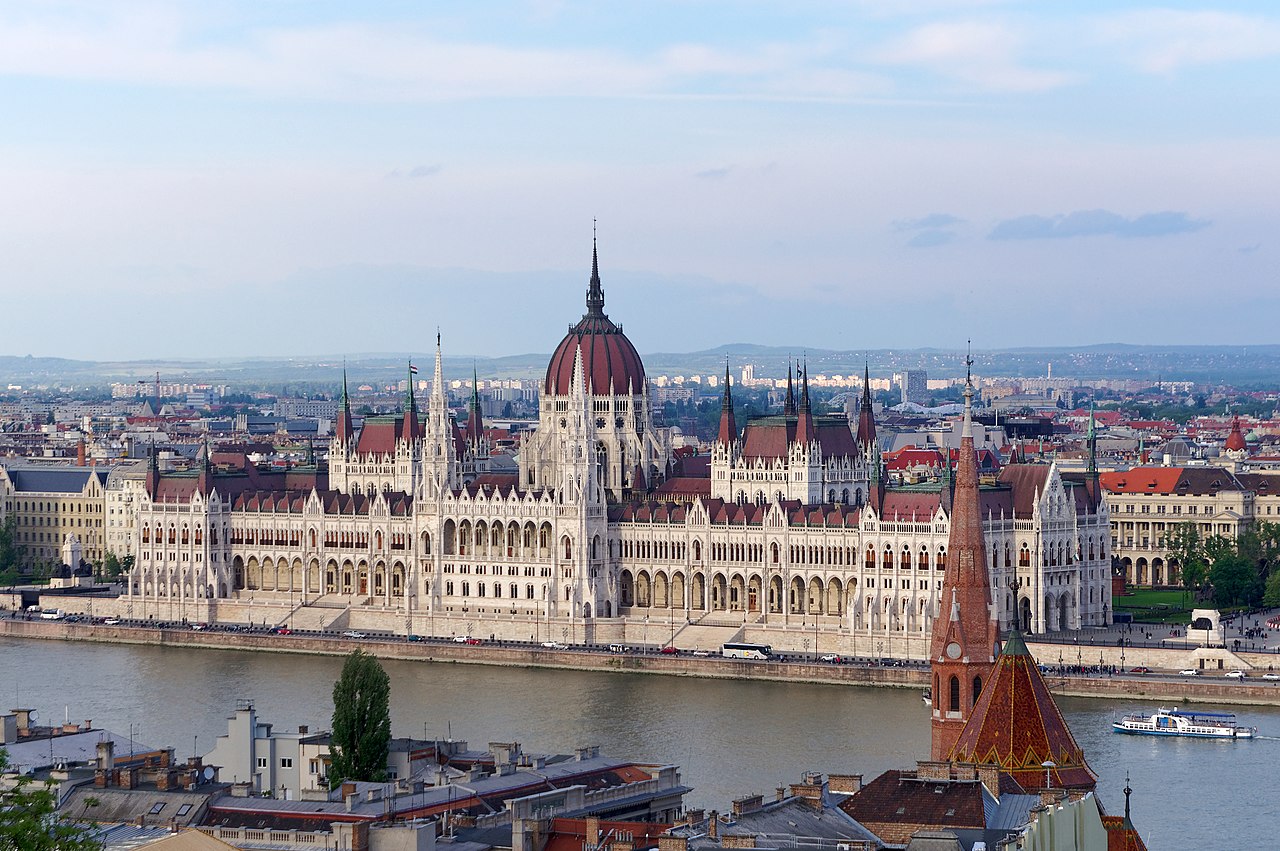Cuba and Poland: How Warsaw could help with getting rid of communism

In Cuban émigré and dissident circles there has been much talk about how to achieve freedom. There has been much less pondering of what to do when freedom comes, as it inevitably will. Perhaps the Polish case can help Cubans prepare for that joyous day.
Marek Jan Chodakiewicz
What occurred in Poland from 1989 was not instantaneous freedom or independence. Instead, a transformation took place. To transform means to take an entity and re-shape it, while retaining its basic qualities. Namely, the Communists transformed themselves to prosper under a system which for all reasons and purposes appears to be a liberal democracy. This was possible mainly because hardly anyone prepared oneself for freedom.
A Legacy of Freedom
When I was a child, growing up in Poland in the 1960s, I was taught at home that my nation was not free. I was also instructed about the importance of fighting for freedom. The lesson was about faith and not politics. It really did not matter whether one won or lost. It only mattered that one fought.
And I had faith. I believed that Communism would fall one day. However, having moved to the United States in 1982 and having attended college here, I heard my American professors lecture not only that Marxism was a good thing but that the Soviet Union was here to stay.
Well, I still maintained faith. I continued to believe that Communism would fall but I did not think that I would live to see the day. Consequently, I was utterly unprepared when the Soviet might crumbled and Poland became free. More importantly, the émigré Polish political elite and the dissident elite in Poland were likewise quite unprepared for freedom.
True, in the 1970s and 1980s, a few Polish underground groups declared their loyalty to the Polish government-in-exile in London. At least one clandestine organization rejected the Communist experience in toto and posited legal continuity before the pre-World War II Polish Republic and free-Poland-to come, supporting the constitution of April 23, 1935. To be sure, these independentist stalwarts were viewed as exotics at best.
1989
Not surprisingly, the postulates of such mavericks were completely ignored in 1989 when Poland gradually regained its room of maneuver domestically and internationally. Nonetheless, the nation has made enormous strides since then. Democracy is working both at the national and the grass-roots level. Law has been liberalized and so has law enforcement. The press is free. The elite is energetically pluralistic on the political, social, cultural, and economic fields. Educational opportunities multiplied as private schools mushroomed throughout the land and contacts with the free world continued unimpeded. The economy has been reformed; the stores are full; the inflation is kept at a minimum; foreign investors regard Poland rather favorably. A member of NATO and the EU, Poland’s borders seem secure.
On the face of it, then, there is nothing to complain about. However, there are negative aspects of Poland’s transformation.
Democratic participation
First, democratic participation is on the decline. About half of the electorate votes. This trend can be traced back to the Spring of 1989, when the Communists and their left-wing collaborators in Solidarity concluded a power sharing agreement, the so-called Round Table Deal, which essentially excluded from the legitimate political scene anyone but them. Consequently, in June 1989 the Communists and Solidarity left-wingers duped the people into believing that they were taking part in a free election. In fact, it was an eminently unfree election with only 35% of all parliamentary seats opened to contest. The Round Table Deal virtually assured that those would go to the left wing collaborators. The rest of the seats were guaranteed to the Communists and their puppet proxies in the so-called “United Peasant Party” and “Democratic Party.” Thus “elected,” the parliament promptly voted to appoint Poland’s erstwhile Communist dictator, General Wojciech Jaruzelski, as the nation’s President.
Since the sham election failed to solve Poland’s social, political, and economic problems, and they blurred the line between the victims and the perpetrators, the people have increasingly stayed away from the polls. Consequently, the electorate plays the “throw the rascals out” game with a gusto, returning the ex-Communists to power every four years and throwing them out four years later. Simply, the deal of 1989 created a permanently de-stabilized system, where parliamentary majorities among the anti-Communists are well nigh impossible to achieve. Once again, only a de-Communization would have taken care of this.
Law and law enforcement
Second, the liberalization of law and law enforcement has resulted in a virtual crippling of Poland’s judiciary and police. Communist judges were not purged for the most part. Oftentimes involved in transgressions and even crimes of the former system, they have now scrambled to establish their “liberal” and “democratic” credentials by cuddling criminals, disregarding the rights of the victims, and, occasionally, indulging in gross corruption as well as hobnobbing with the mafia.
Although the hearts of the post-Communist judges bled over many a common criminal, in particular a fellow party kleptocrat, they failed to apply this touching sensitivity to the victims of Communism. For years, secret policemen guilty of murder and torture went unpunished. They mocked publicly their victims and the democratic system of Poland. They even sued scholars for slander.
State TV news was censored, for example to exclude the pictures of weeping widows of the “Wujek” coal mine massacre by the Communist riot police in 1981, when the perpetrators were repeatedly acquitted. There were even problems rehabilitating the heroes of the anti-Nazi underground who also fought against the Communists and were judicially murdered by them. The victims often alleged not only ideological but also family connections between the judges handling the cases in the 1990s and their secret police predecessors who had been responsible for false imprisonment, torture, and killing of the independentists in the 1940s and 1950s.
This partly explains why the police, only partly purged, has shown itself to be odiously open to laxity and corruption. At best, until recently, much of the police force appeared to be on “an Italian strike,” non-interfering with the law-breaking. Some policemen actively joined the criminal underworld, where, reportedly, many former Communist secret policemen hold sway.
Consequently, the popular perception is that the Communists are still in charge in the police and the judiciary. This was greatly reinforced by the fact that the left-Solidarity elite and the Communists simply amend the Stalin constitution of 1952 (modified in 1976) and touted it as fit for free Poland. Thus, they completely ignored legal requirements of a modern nation and the sensibilities of the victims of Communism. This was to be a stop gap measure before a “real” constitution was enacted. It took five years for the post-Communist-dominated parliament to vote in the current Constitution (April 2, 1997). Its chief purpose became to safeguard the uneven system established in 1989. In fact, the Constitution in its original form was so flawed that much of it is incompatible with EU requirements and had to be adjusted accordingly, a process still incomplete.
Of course, a different solution was available. One only had to restore the Constitution of April 1935. That would have been a superbly significant symbol, underscoring the continuity of freedom from pre-war to present day Poland. With its strong presidency, amended to fit a more democratic time, the April Constitution would have helped to usher in an era of stability into a mercurial political system.
It would have also been prudent to restore some of pre-war Poland’s laws, including, for example, the banking law which contained a proviso against check kiting, a loophole conveniently used by the ex-Communist kleptocrats and other nefarious forces to plunder the state treasury. Naturally, even the best laws fail if there are too few in the elite who believe in them. And that would not have changed without a sweeping de-Communization.
(…)
We thank prof. Marek Jan Chodakiewicz for sharing this article.



